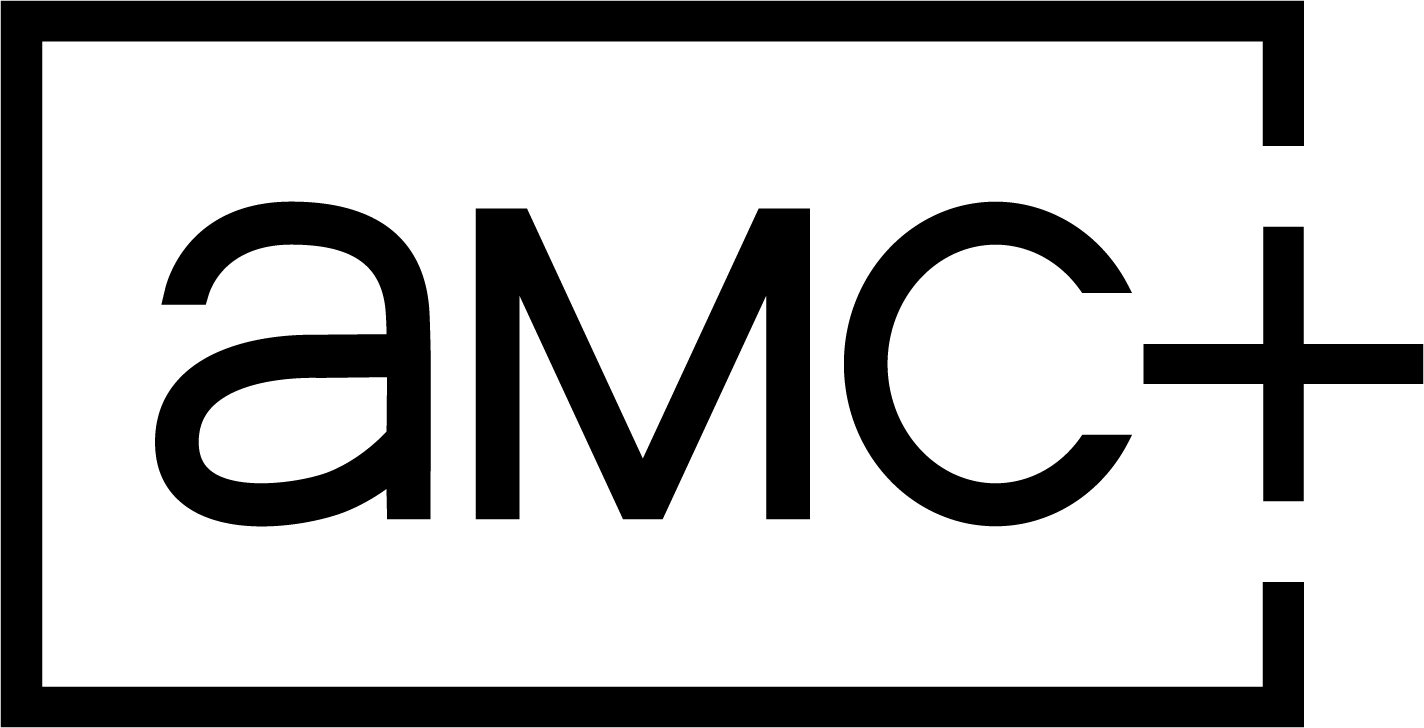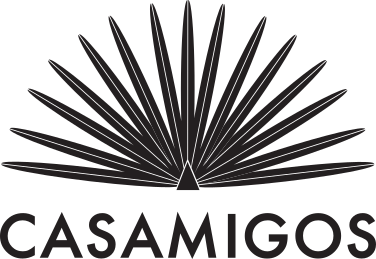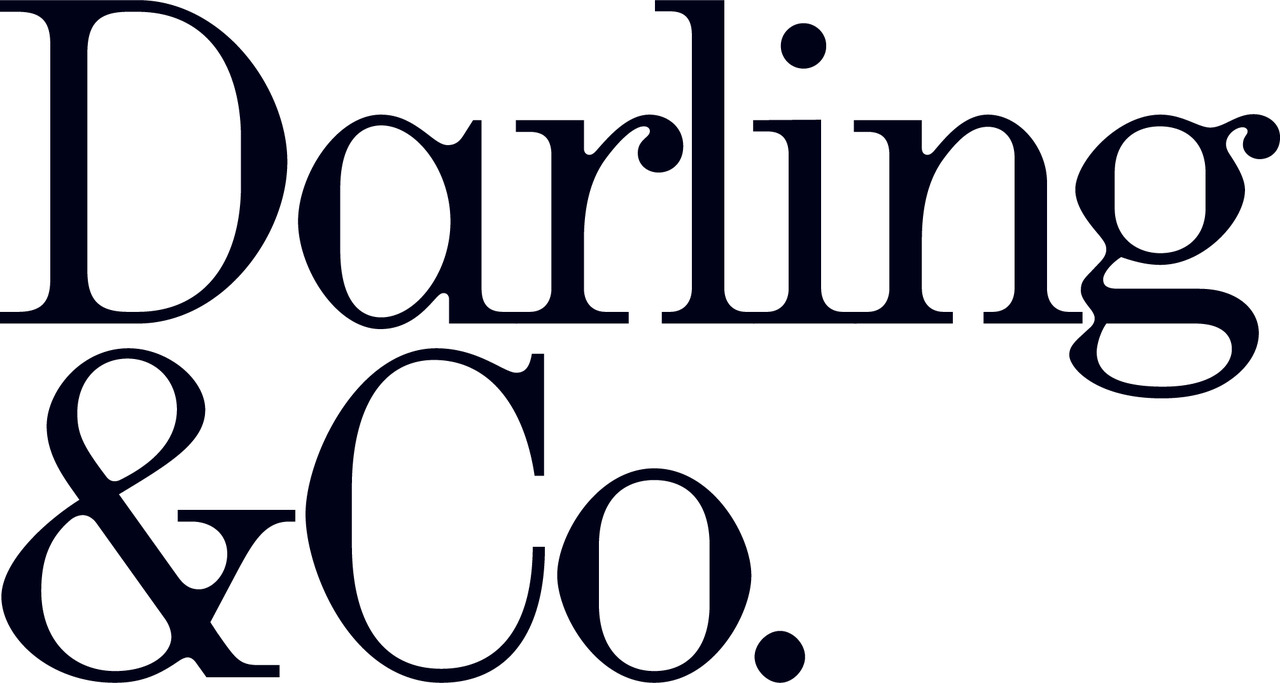PARK CITY, UTAH – JANUARY 22: Ana Souza, Laura Chinn, Carlos Lopez Estrada, and Lana Wilson at Filmmaker Lodge in Park City, Utah (photo by Michael Hurcomb/Shutterstock for Sundance Film Festival)
By Stephanie Ornelas
Every great artist starts somewhere.
The Filmmaker Lodge at the 2024 Sundance Film Festival was packed with Festivalgoers who were eager to hear from directors Lana Wilson (After Tiller, Sundance Film Festival 2013) and Laura Chinn (Suncoast) and producer Carlos Lopez Estrada (Dìdi (弟弟)) as they discuss their recent and current projects — including those in the 2024 Festival program — and how they navigate different hurdles as they work to bring their projects to life.
“These responses just go to show these are such different, incredible, expansive films, and you all come to filmmaking from different angles,” says moderator Ana Souza, programmer and manager of programming at Sundance Institute.
Below, these influential artists offer advice for first-time filmmakers, explain how they successfully communicate their vision to collaborators, and share where they draw inspiration from for their unique projects.
On working with collaborators:
Chinn: “In finding a cinematographer, I was like, ‘I have to find someone who’s not going to speak down to me or treat me like a little kid. So, I met with a lot of cinematographers, and they were all kind of like, ‘Here’s what your movie is going to look like, here’s what we’re going to do,’ and I [thought], ‘Oh, I’m going to feel like I’m going to film school,’ which I didn’t want. I wanted this to feel like a movie that I was directing.
“Bruce Francis Cole has worked with a lot of women directors. [He] would show me photographs, and everything was suggestions and collaborations. We did a camera test, and he showed me the lenses — and he did it in a way that was not condescending. I also found that when I showed up, I knew a lot more than I thought I did. I took collab classes; I had flashcards. I got through that hurdle that was blocking me from telling a story.”
On directors who inspire them:
Wilson: “One of my favorite directors is someone I wrote my thesis on in college — a Finnish director named Aki Kaurismäki. And he kind of makes films that are extremely similar and extremely beautiful and funny over and over and over again. His personality is really hard to read because he’s really deadpan. He won the Grand Jury Prize at Cannes [International Film Festival] last year and said, ‘Thanks!’ then took the trophy and just left the stage.”
“I would honestly love to have him in a room and be like, ‘Does this stress you out?’ Because he seems so unflappable to me from the outside. He’s worked with the same collaborators for almost 40 years. I’d be like, ‘What have you learned over making these variations of the same films for so many years? What do you wish you could have told yourself 40 years ago?’”
Estrada: “I really love meeting early-career filmmakers. I think that I often learn a lot more from them than from people who are very established. I think as a filmmaker, at some point, you enter this stage where you are just an adult filmmaker. You’re amazing, and you do the things that you do, and you’re still searching but in a different way. [It’s helpful] seeing people who are just getting into our medium and seeing the questions that they’re asking and the stories that come — and the curiosity that comes with not knowing all the answers and how you go about solving problems.”
Advice for first-time filmmakers:
Estrada: “You’re going to have to make a lot of sacrifices. Just make sure that you’re bringing on people who you really think are there for the right reasons and who are going to go to bat for you and believe in why you’re wanting to tell this story.”
Wilson: “You’re going to find creative freedom, but you’re also going to find the loneliness. It’s very lonely, and that’s okay. There’s a really profound loneliness to directing features because, ultimately, the responsibility is truly yours. And you’ll feel that. So there will be these moments where, even if you have the best collaborators on earth, true partners, and supporters in your vision, you’ll feel completely alone, and it’s hard. So I would just prepare yourself for that and know that it’s normal and okay.”
Chinn: “Get your therapist now to see if they move to Saturdays. Ask them now. Book them months in advance. That’s what I did.”
On communicating their vision:
Chinn: “We used a lot of still photographs, and we used a lot of photographers. A lot of reference movies. We’d tell each other, ‘Watch this, watch that.’ There was a painter our production designer loved, and we went to museums to see their exhibits. There’s not a language, really. I think we pretend that there is, but there’s not. It really came down to emotion. I really want this scene: I really want to feel how alone she is, how desperate she feels, whether that is through images or music. We used all these different references, but at the end of the day, it was all about emotion.”
Estrada: “The closer you get to actually producing the thing, the harder it gets to do anything. The last few weeks just become this blur where everyone’s just going, and you really don’t have time to sit back and have these philosophical discussions. So I would just say, as early as you possibly can, watch those movies together, have those discussions, do the field trips. Because at that point, when you enter this autopilot, ‘just-get-it-done’ stage, everybody already has that foundation and is working in the same direction. It’s never early enough to have those really deep discussions.”

























